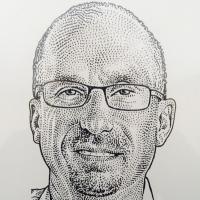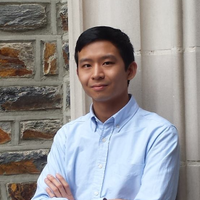
Patrick T. Brown
@patricktbrown31
Ph.D. climate scientist. Co-director, Climate & Energy @TheBTI Adjunct faculty (lecturer) in Energy Policy & Climate @JohnsHopkins
ID: 3422156357
https://thebreakthrough.org/people/patrick-brown 14-08-2015 13:22:34
3,3K Tweet
14,14K Followers
3,3K Following


“Shaping weather-related outcomes through energy policy is incredibly indirect and there are often much more direct solutions at hand.” Patrick T. Brown unpacks what intensified the Park Fire and the lessons learned for Breakthrough journal






"When The New York Times discusses climate change, every °F of warming is framed as extremely detrimental, but when they discuss air conditioning, many degrees of warming is framed as matter of inconvenience that can be overcome by cultural change." Must read. 👇

"Losses are still so often pinned on climate change, which misdirects public attention away from broader questions about housing development, land management, and insurance industry business practices." Jessica Weinkle writes on exposure growth for Breakthrough journal


Outstanding Jacobin piece by Holly Jean Buck on the paternalism & condescension of climate intellectuals focusing on so-called disinformation & casting legitimate concerns by ordinary people esp workers in industry, logistics, agriculture, as climate denial jacobin.com/2024/08/climat…



In light of the NYT running (at the start of Labor Day weekend no less) that op-ed proselytizing against air conditioning, re-upping this excellent post from Patrick T. Brown in defense of air conditioning's benefits.









